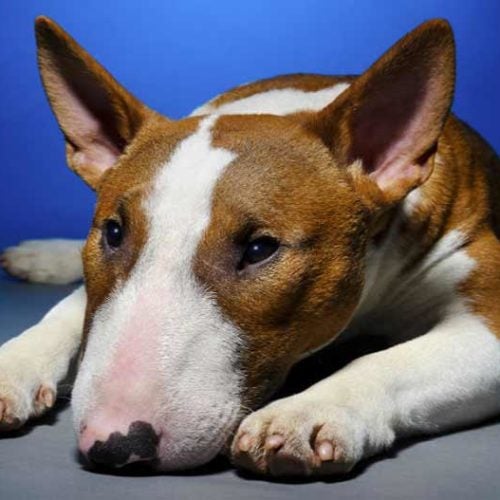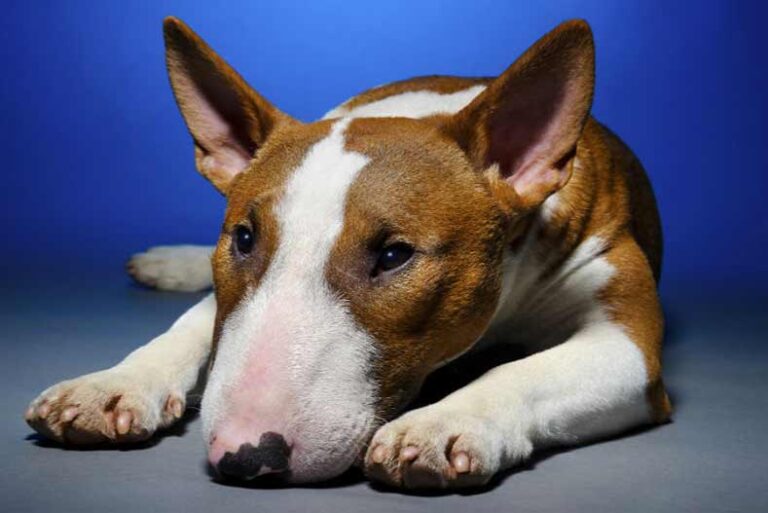If your dog eats a chicken bone and appears distressed, contact a vet immediately for emergency treatment. Monitor your dog closely for any signs of distress or complications.

Credit: www.akc.org
The Dangers Of Dogs Eating Chicken Bones
If your dog eats a chicken bone, it can be dangerous and potentially life-threatening. Act quickly and contact a vet for emergency treatment if your dog shows any signs of distress. Monitor the situation closely and do not induce vomiting.
Potential Internal Damage
When a dog ingests a chicken bone, it poses a significant risk of potential internal damage. The sharp edges and splinters on the bone can cause various issues within their digestive system. These jagged fragments may lead to broken teeth, mouth injuries, and even obstructions in the oesophagus, trachea, or intestines. If left untreated, these complications can result in severe discomfort and pain for your furry friend.
Choking Hazard
Dogs are natural chewers, and their powerful jaws can easily crush and break chicken bones. However, despite their ability to chew, there is still a risk of choking when it comes to chicken bones. The bone fragments can get stuck in the dog’s throat, making it difficult for them to breathe. This situation requires immediate professional assistance to remove the bone and ensure the safety of your beloved pet.
What To Do If Your Dog Eats A Chicken Bone?
- Don’t panic. Stay calm and assess your dog’s behavior and symptoms.
- Call your veterinarian immediately for guidance and advice.
- Make sure your dog isn’t choking. If there are signs of distress or difficulty breathing, perform the Heimlich maneuver or seek immediate veterinary help.
- Never induce vomiting without professional advice. It may worsen the situation or cause additional harm.
- Offer your dog a small, soft piece of bread to help coat and cushion the bone fragments.
- Keep your dog hydrated by providing plenty of fresh water.
- Follow your veterinarian’s instructions and monitor your dog closely for any changes in behavior or appetite.
Remember, prevention is always the best approach. Avoid giving your dog chicken bones altogether to eliminate the risks associated with ingestion. By being proactive in their care and keeping potentially hazardous items out of reach, you can ensure the well-being and safety of your four-legged companion.

Credit: www.akc.org
Actions To Take If Your Dog Eats A Chicken Bone
Discovering that your dog has eaten a chicken bone can be a stressful situation for any pet owner. While it’s best to avoid feeding your dog bones altogether, accidents can happen. It’s important to take immediate action to ensure the safety and health of your furry friend. Here are the steps you should follow if your dog ingests a chicken bone:
Assess The Situation
The first thing you need to do is assess the situation. Take a calm and composed approach to determine if your dog is choking or experiencing any visible distress. If your dog seems fine and is not showing any signs of discomfort, it is likely that the bone will pass through their gastrointestinal (GI) tract naturally. However, vigilance is crucial, so closely monitor your dog’s behavior and keep an eye out for any unusual symptoms.
Contact Your Veterinarian
After assessing the situation, it is important to contact your veterinarian right away. Even if your dog appears to be fine, it is always best to seek professional guidance and advice. Your vet will be able to provide personalized instructions based on your dog’s breed, size, and overall health. They may recommend bringing your dog in for an examination or provide instructions for at-home monitoring.
Monitor For Symptoms
While waiting for guidance from your veterinarian, it is crucial to monitor your dog for any symptoms that may indicate complications or distress. These symptoms can include vomiting, diarrhea, excessive drooling, abdominal pain, lethargy, or difficulty breathing. If you observe any of these signs, contact your veterinarian immediately for further instructions or arrange for emergency care.
Remember, never attempt to induce vomiting or administer any over-the-counter medications without professional guidance. It is also essential to keep your dog hydrated by providing fresh water at all times.
Preventive Measures To Avoid Dog Eating Chicken Bones
If you are a dog owner, you know that dogs are curious creatures and will often eat anything they find. This includes chicken bones which can be extremely dangerous for your furry friend. To keep your dog safe and prevent them from eating chicken bones, it’s important to take some preventive measures. In this article, we will discuss some simple yet effective ways to avoid this potentially life-threatening situation.
Avoid Feeding Bones
One of the easiest ways to prevent your dog from eating chicken bones is to avoid feeding them bones altogether. While it may seem like a natural instinct to give your dog a bone, it’s important to remember that cooked bones can splinter easily and cause serious damage to their digestive system. Instead, opt for safer alternatives such as chew toys or specially-made dog treats that are designed to be safely consumed.
Proper Disposal Of Bones
Another important preventive measure is to properly dispose of any chicken bones that may be leftover from a meal. Make sure to securely wrap them in a bag and dispose of them in a covered trash can that your dog cannot access. This will help eliminate any temptation and prevent your dog from accidentally getting hold of them.
If you are concerned about your dog’s safety around chicken bones, it’s always best to consult with your veterinarian. They can provide you with personalized advice and guidance on how to keep your dog healthy and happy. Remember, prevention is key when it comes to protecting your beloved pet from any potential harm.

Credit: www.pinterest.com
Frequently Asked Questions Of What To Do If Your Dog Eats A Chicken Bone
Will My Dog Be Ok After Eating Chicken Bones?
If your dog ate chicken bones, monitor them closely. If they show any distress, contact a vet immediately for emergency treatment. Bones can cause internal damage, so it’s important to act quickly. Avoid feeding your dog bones altogether to prevent this situation.
How Much Bread Should I Give My Dog After Eating Chicken Bones?
Avoid feeding your dog bread after eating chicken bones. Instead, monitor your dog closely for any signs of distress and contact a vet immediately. It’s best to avoid feeding dogs bones altogether to prevent potential choking hazards and internal damage.
How Long Does It Take A Dog To Digest A Bone?
A dog typically takes about 24-72 hours to digest a bone. It’s best to avoid feeding your dog bones to prevent any distress or potential harm. If your dog shows signs of discomfort after consuming a bone, seek immediate veterinary assistance.
Monitor their behavior closely.
What Happens If A Dog Swallows A Cooked Bone?
If a dog swallows a cooked bone, it can cause serious internal damage and chocking hazards. Contact a vet immediately if your dog shows any distress. Monitor your dog closely and seek emergency treatment if necessary. Avoid feeding your dog bones altogether.
Conclusion
If your dog has managed to eat a chicken bone, it’s important to act quickly and monitor their behavior closely. While some dogs may pass the bone without any issues, it’s always best to contact a veterinarian for guidance. Avoid inducing vomiting and instead provide a soft piece of bread to help cushion the bone’s passage.
Keep your dog hydrated and seek immediate help if they show any signs of distress. Remember, prevention is key, so it’s best to avoid feeding your dog bones altogether.



